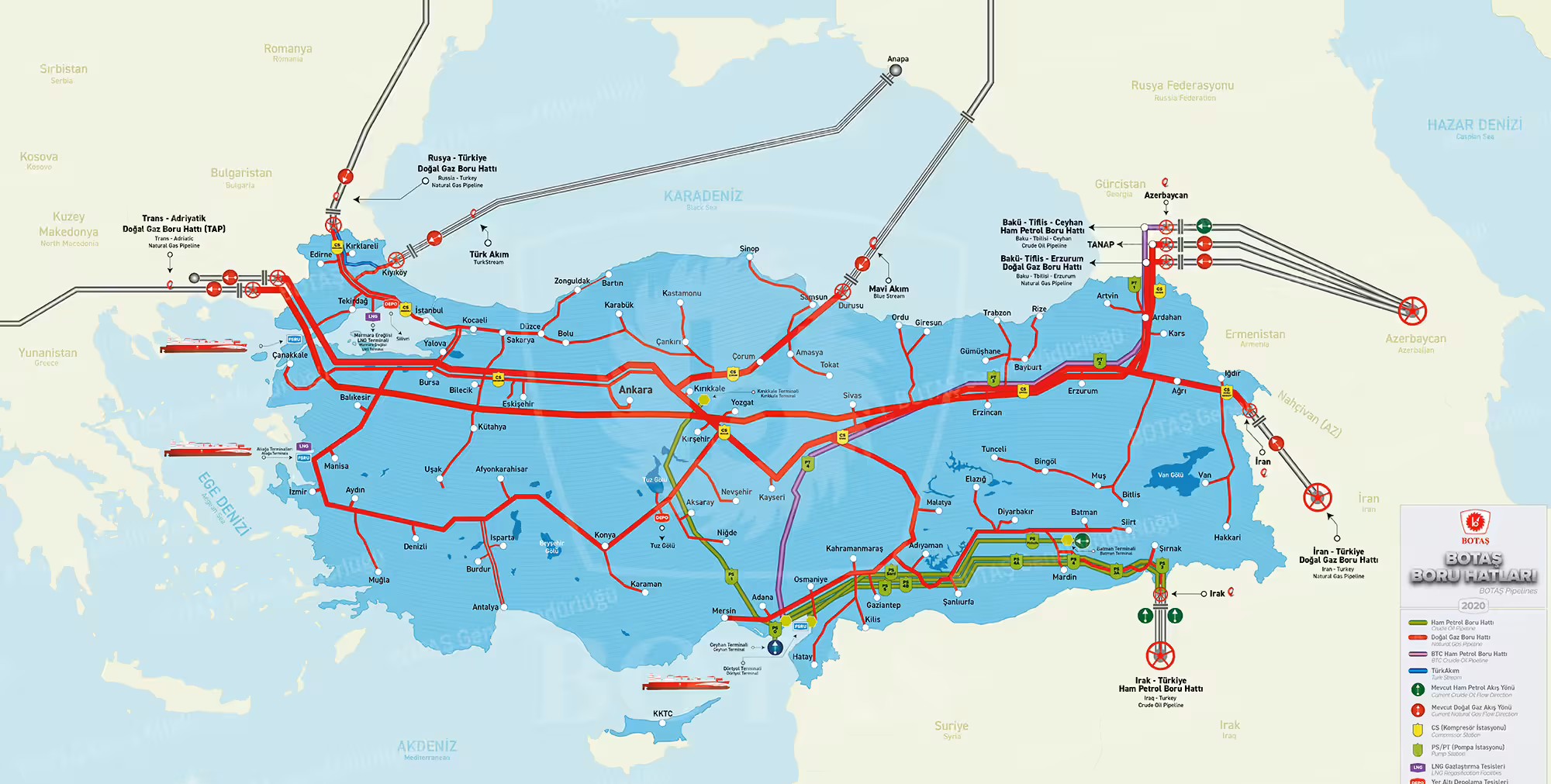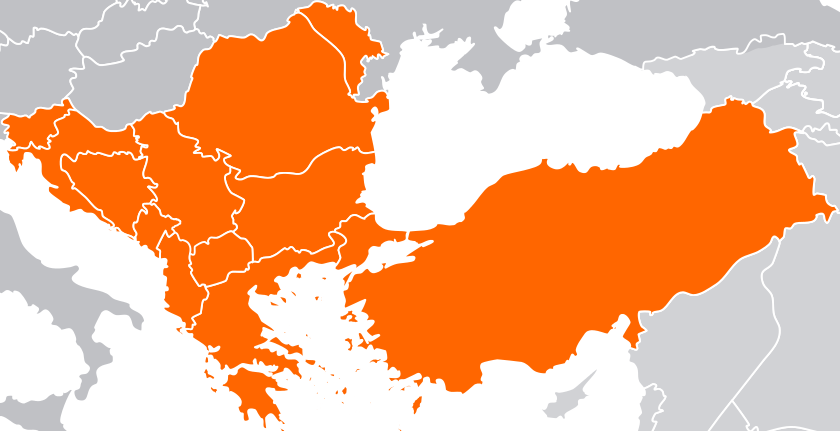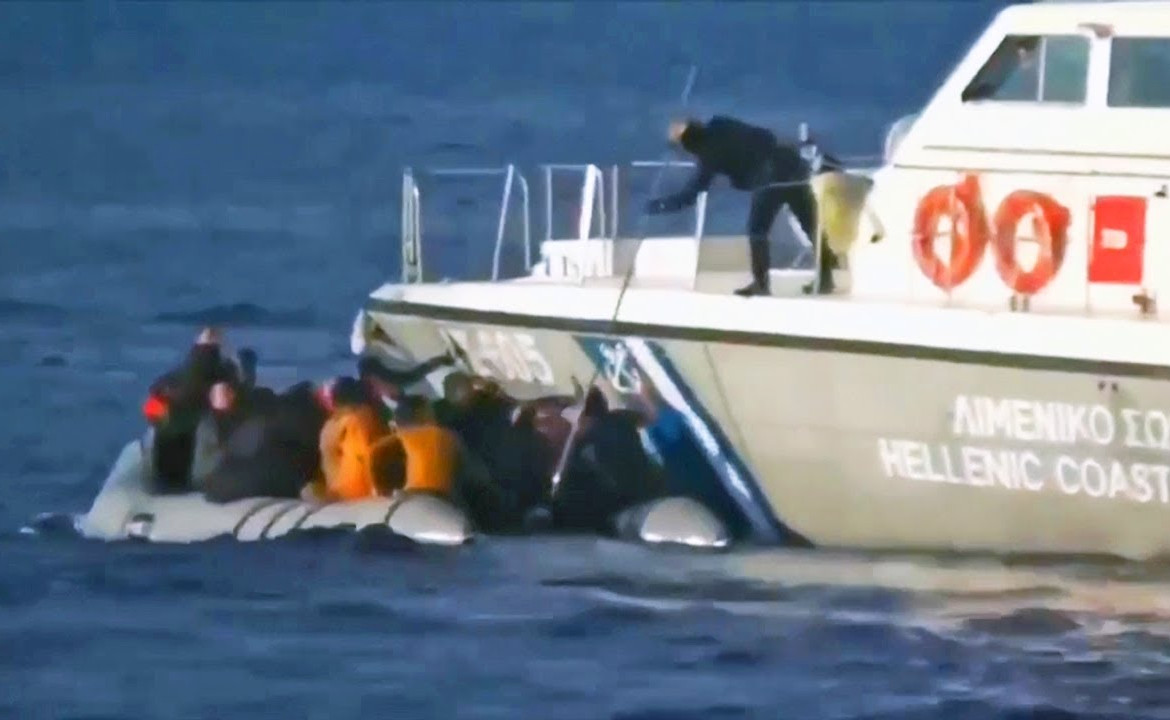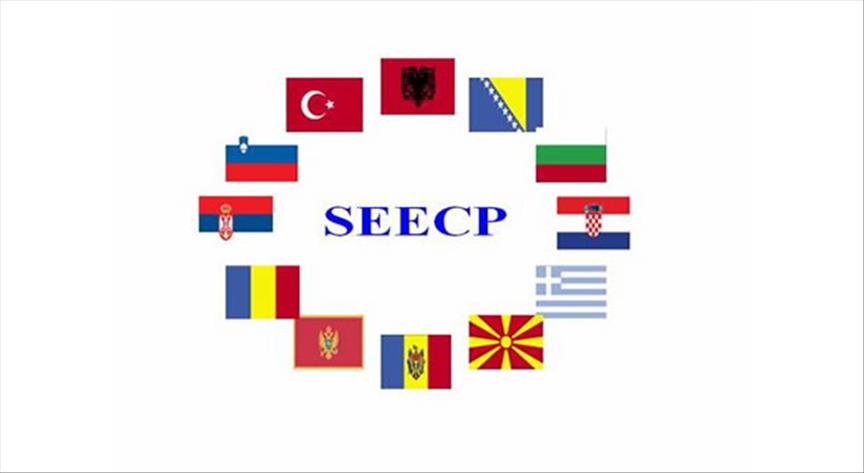Turkey’s road to membership to the European Union (EU), with serious hurdles on the way, was blocked for some time, causing the process to stagnate. The recent refugee crisis facing the EU appears to have stirred the EU to look up to Turkey again for a review of the potential of cooperation with Turkey.
The venture of Turkey’s application for membership to EU has a long past. It started before EU came into existence, when it was the European Economic Community (EEC). 1959 was the year Turkey’s official application was recorded. Ankara’s Association Agreement of 1963 with EEC at the time envisaged a process of 22 years, under normal conditions, for membership. The Customs Union Agreement of 1969 was a substantial mile stone in the process.
Turkey’s perseverance for membership went on before the EEC took its present form and status as EU following the 1992 Maastrich Agreement, with an official application for full membership back in 1987. The EU Commission, having considered for two years the merits of Turkey’s application, concluded for its eligibility, where upon the EU summit of 1999 endorsed it, declaring Turkey a candidate state of EU for full membership. This was a historic decision both for Turkey and the EU that needs to be underlined, from which there has been no retraction. This status of candidate member was further elevated in 2005 when Turkey acquired the status of negotiating member, and official negotiations for the 35 chapters of common legislation of the EU started.
In view of the current events, are we then in a position to say that Turkey is progressing towards membership to the EU? At present, unfortunately, it is not possible to answer this in the affirmative. For Turkey, who “under normal conditions” would have been a member in the year 1992, the road ahead is longer and bumpier than ever before. The community, which had 12 members when Turkey applied, is now a union with 28 members. It is predicted that this number will further increase by the time Turkey will be in line to become a member.
In more recent times, a number of EU states, as well as some public opinion polls, are known to have reflected views that are opposed to Turkey’s membership. Turkey, on her part, has started contemplating on the possibility of a future without the alternative of EU membership. In view of this apparent mutual frustration, it could be pertinent to ask why one or both parties do not take the step to alter this relationship. A plausible explanation to this appears to be that both sides refrain from an outcome that would bring about loss for both, whereas maintaining the status quo, albeit unbalanced and imperfect, caters for mutual interests, to a win-win option. From the vantage point of EU, it is important to keep Turkey, a regional power with an increasing potential for the future, at bay, at its side. It is desirable to maintain cooperation. What should be definitely avoided is to bring about a situation of adversity. For Turkey, to realise the founding principles of the republic, to attain the contemporary level of civilisation, there appears to be no alternative at present to cooperation with EU and membership to EU.
Then, how come the relationship has come to such an impasse? It is difficult to provide an objective reasoning to this state of affairs. The main culprit up to now has always been projected to be Turkey and her shortcomings. With the understanding that Turkey has been thoroughly inquisitioned, it is time and a necessity to take a look at the other side of the coin. If objective criteria were to be applied, it would show that Turkey has the will and the capacity to start and complete negotiations with the 35 chapters of EU legislation. The problem stems from prejudices against Turkey. The difficulty to surmount those prejudices can be deducted from a quotation from Albert Einstein: “it is harder to crack prejudice than an atom”.
The EU bases its reservations, understandably, not on subjective motives. It raises varying issues with changing times, and moreover, places hurdles on the way to discourage Turkey’s membership. Some examples are here below:
- One of the cardinal rules for EU to admit a member is for the applicant to be clear of internal as well as external disputes. The Greek Cypriot Administration was nevertheless admitted as full member despite its well-known hostile disposition to Turkey. As forecasted, that entity provided the front for EU to have anti-Turkey attitudes ever since.
- Turkey’s natural, historical and most substantial connection with Western Europe comes from being a Balkan state. EU has waged a conscious campaign to erase Turkey’s Balkan identity with a view to putting distance between Turkey and EU. Bulgaria and Romania were granted membership in an expedited manner, so as to restrict the future of EU-Balkan Relations to a new, artificially coined concept of “Western Balkans”.
- When some of the EU states started erecting barbed wire fences along their borders in face of the refugee crisis, this practice was admonished by EU at the highest level. On the other hand, much earlier, the same EU authorities not only encouraged but also financed first Greece, then Bulgaria to erect those very fences along their land borders with Turkey.
- Turkey has a large territory as well as a large population. This makes it difficult to absorb Turkey in the EU. This discourse, often expressed against Turkey, was never taken up as relevant for the membership of Poland or later, for the proposed membership of Ukraine.
- Even the geographical location of Turkey has been contested. The organisation that covers and represents the whole geography of Europe, with its 47 members, is the Council of Europe. Turkey is a founding member of this organisation. Georgia, Armenia and Azerbaijan, which are late members of this organisation lie further to the east of Turkey. In this context, it is highly remarkable that EU embraces with enthusiasm Armenia despite the fact that, that state has officially opted for membership of Eurasian Union led by Russia, rejecting the offer by the EU.
- EU has also been insensitive to Turkish interests in the field of economics and trade. When EU concludes FTA’s with third countries, it does not appear to care for the one sided burden Turkey assumes arising from her Customs Union agreement with the EU. Also to be followed with premonition for Turkey - because she cannot take part and is kept in the dark, are the Trans-Atlantic Partnership talks of EU with the USA, whose stipulations and outcome will inevitably have decisive impact on Turkey, again due to her Customs Union agreement with the EU.
To conclude, while the EU plays for time with open ended promises for membership, Turkey shows patience, while attentively following the developments in the world. This brings into focus what shape the developments in the world is taking. The Eurasian Studies Center (AVIM) for some time now has been drawing attention to an emerging concept of “Eurasia”, to a new global balance with the gradual shift of economical, trade, political, military power to the East, to the Pacific rim -to China in particular- and what this may connote for Turkey. Turkey, up till now an eastern outmost post of Europe and the West, is thus moving to the center of an evolving formation from the Atlantic to Pacific.
A concrete harbinger of this new evolution could be the “one belt-the silk road Project” promoted by China with substantial financial back up. As a consequence, EU’s limited vision of looking at Turkey as a conduit to the Middle East is bound to change radically. Turkey, situated at the crossroads of Eurasia, with the advantage of its traditional bonds with the Central Asian republics, with Iran absolved from its international restrictions (which also ready to cooperate), Turkey would be in a position of connecting the EU to the East and the Pacific to the West. This would no doubt give Turkey’s membership to EU additional reason and strength. It is also possible that the rising values of the East would help balance and may be even curtail the prejudices of EU.

 DEVELOPMENTS IN LINE WITH TÜRKİYE’S GOAL OF BECOMING A REGIONAL ENERGY HUB
DEVELOPMENTS IN LINE WITH TÜRKİYE’S GOAL OF BECOMING A REGIONAL ENERGY HUB
 TIRANA SUMMIT MIDST MULTIPLE PROCESSES: A CONFUSED EUROPEAN UNION IN THE BALKANS
TIRANA SUMMIT MIDST MULTIPLE PROCESSES: A CONFUSED EUROPEAN UNION IN THE BALKANS
 BALKANS 2016: INTEGRATION EFFORTS IN A TIME OF UNCERTAINITY
BALKANS 2016: INTEGRATION EFFORTS IN A TIME OF UNCERTAINITY
 SYRIAN REFUGEE ISSUE: EU INSENSITIVITY VERSUS UK REALISM
SYRIAN REFUGEE ISSUE: EU INSENSITIVITY VERSUS UK REALISM
 TURKEY HAS ASSUMED THE CHAIRMANSHIP-IN-OFFICE OF THE SOUTH EAST EUROPE COOPERATION PROCESS (SEECP)
TURKEY HAS ASSUMED THE CHAIRMANSHIP-IN-OFFICE OF THE SOUTH EAST EUROPE COOPERATION PROCESS (SEECP)




























